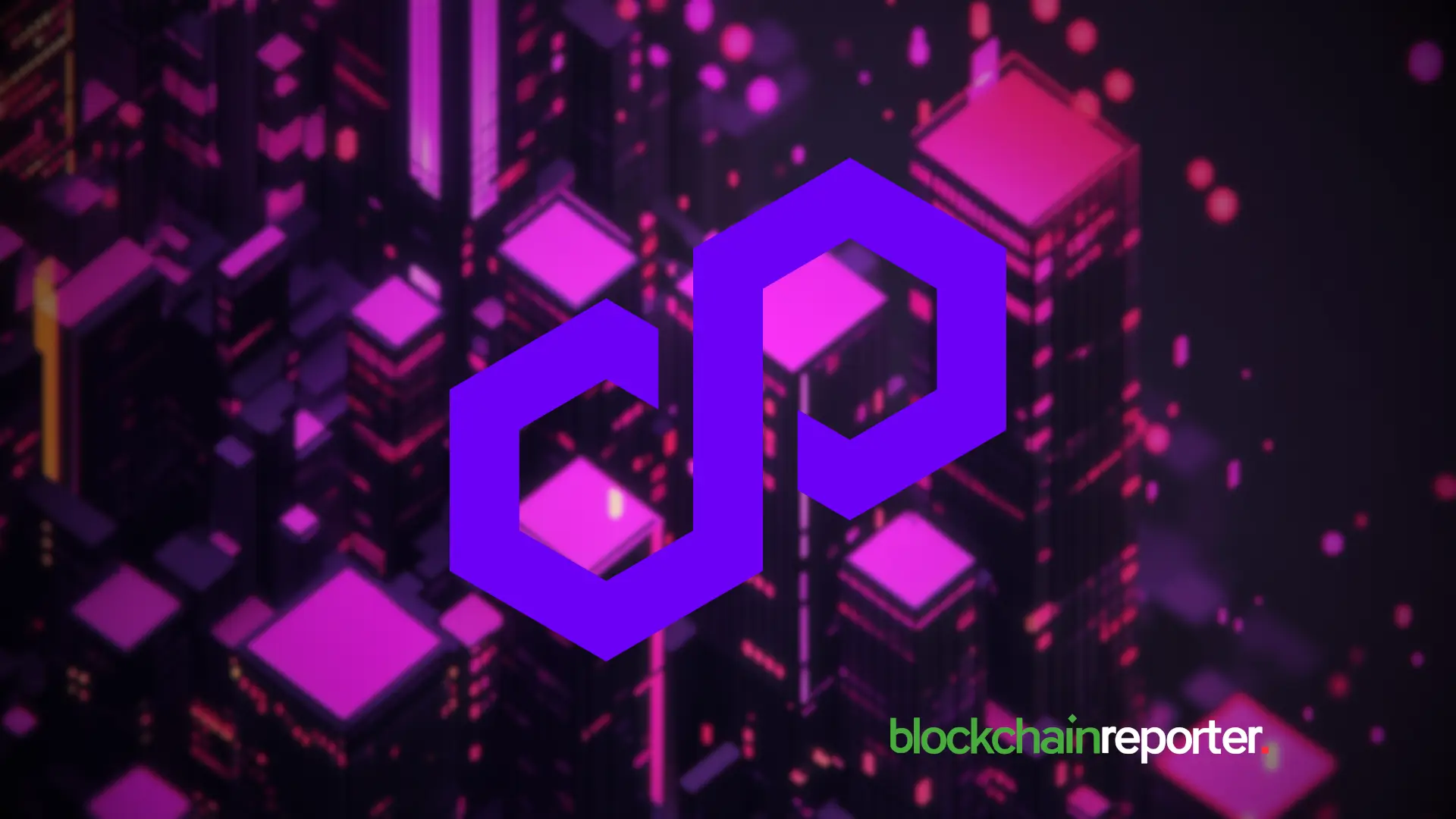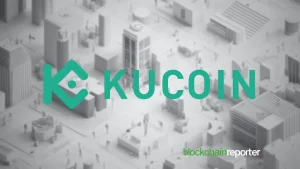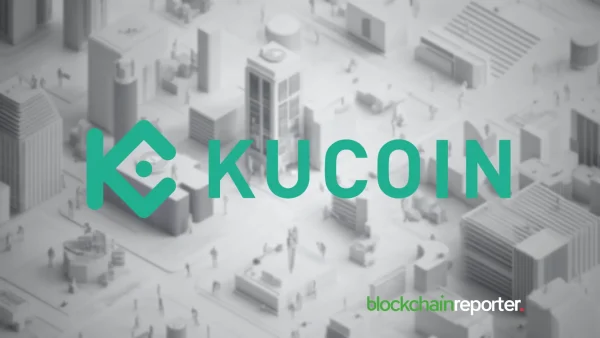
Polygon, a leading platform for Ethereum scaling and infrastructure development, has announced a new governance model for its upcoming Polygon 2.0 upgrade. The model, which introduces “Ecological Committees,” is designed to ensure decentralized ownership and decision-making over all Polygon protocols and the ecosystem.
Polygon 2.0: The Three Pillars Of Governance
The Polygon team has announced its intention to establish a fresh governance structure with the goal of achieving increased decentralization within its ecosystem. This strategic move aligns with the team’s latest roadmap, dubbed Polygon 2.0, which focuses on the creation of a network powered by zero-knowledge Layer 2 chains.
The new governance model is inspired by Ethereum’s open and inclusive governance ethos, which has proven invaluable in the maintenance, development, and adoption of the protocol. Polygon’s technology already expands Ethereum’s blockspace, and the proposed governance framework seeks to extend Ethereum’s ethos and the proven model for building a flourishing community.
The new governance model is the result of extensive community deliberation, including a series of forum posts, community calls, and public discussions. Feedback from validators, users, infrastructure providers, dApp developers, and other ecosystem participants has been overwhelmingly positive, with many expressing support and interest in collaborating on bringing Polygon 2.0 governance to life.
The governance framework is based on three pillars: Protocol Governance, System Smart Contracts Governance, and Community Treasury Governance. These pillars represent the main aspects of the Polygon ecosystem that require governance and provide a structure for appropriate decision-making mechanisms.
Protocol Governance is facilitated by the Polygon Improvement Proposal (PIP) framework, which provides an open coordination platform for the development of Polygon protocols. The PIP framework, which is currently live and fully operational on the Polygon PoS chain, is expected to expand to cover the entirety of the Polygon permissionless stack in Polygon 2.0.
System Smart Contracts Governance will facilitate upgrades of protocol components that are implemented as smart contracts. To ensure the ongoing upgradeability of these protocol components, Polygon is proposing the introduction of the Ecosystem Council, a community-governed body responsible for upgrading system smart contracts.
Community Treasury Governance involves the establishment of the Community Treasury, a self-sustainable ecosystem fund proposed in the tokenomics whitepaper. This fund will be used for both public goods and support programs for promising ecosystem projects and initiatives.
Polygon’s Latest Initiatives Spark Bullish Confidence
Polygon has been making waves in the altcoin market since it announced plans for Polygon 2.0 with robust network developments. Sandeep Nailwal’s Ethereum layer-2 scaling network, Polygon 2.0, is now preparing to transition its native MATIC token to POL as part of its evolution process.
A whitepaper published by the team reveals that POL will serve as the central element of Polygon 2.0, acting as the catalyst for growth and coordination.
The team attributes the inception of POL to their aspiration of transforming into the “Value Layer of the Internet.” This vision aims to facilitate the creation and global exchange of value as effortlessly as information is shared today.
The team has clarified that each year, 2% of the total POL supply will be reserved, with half allocated for validator rewards and the other half for the community treasury. MATIC holders will have the opportunity to convert their tokens to POL through official channels provided by the Polygon team.











